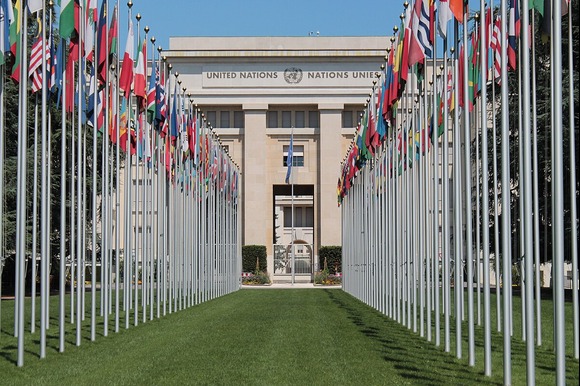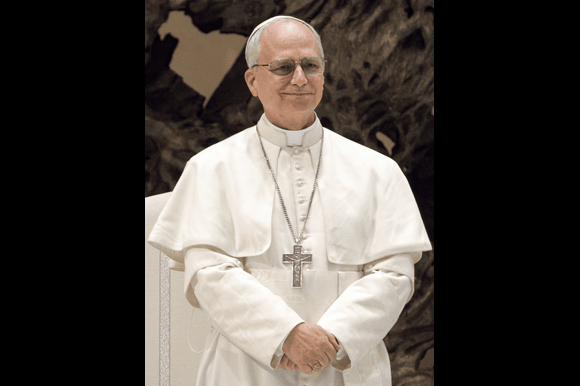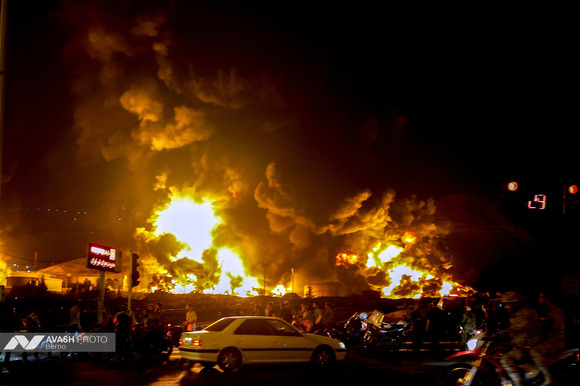
Image by Darwin Laganzon from Pixabay
Our world is divided into many nations and blocs of nations, such as the East, the West, and Afro-Asia. The realization of such a peaceful world seems far from being possible in the near future. Even though the United Nations Organization (UNO) was established for the purpose of ending power politics and ushering in a new era of international collaboration in 1945, yet against every hope and expectation it has not been able to function so well as supposed or intended in its inception.
Survival of the Fittest
Thus, the world has fundamentally remained just the same as before. In other words, we still live in an age of power politics and are consciously or unconsciously being drifted to an inevitable conflict, which necessities the ‘survival of the fittest’. Having said that, a question arises. Should we continue living the same? Or should our contemporary times change the rule of the games and at least bring the factor of humanity into each equation of human interaction. Let it be decided that human rights should take precedence or national/political interests are more important when the two countries interact. This dichotomic phenomenon was clearly evident in the recent fluctuation relationship between Uncle Sam and Sultan.
Uncle Sam versus Sultan
The recent move by US Senator Lindsay Graham to block the resolution recognizing the Armenian ethnic cleansing as “genocide”, after US President Trump and Turkish President Recep Tayyip Erdogan recently held a summit together in Washington, is a good reminder of politicization of human rights issues. Likewise, Rohingya’s “genocide,” which took place not quite a while ago and got significant media coverage and attention from the international community, but with a muted response. The US continues to call what happened to be an “ethnic cleansing,” a term with little meaning in international law, to avoid using the term genocide, which entails a responsibility to take action against the perpetrators of such a heinous crime against humanity.
The Rohingyas
The Rohingyas are a Muslim ethnic group with a total population of around 1.1 million, residing in the Rakhine state of Myanmar. Rohingyas mostly migrated as laborers during British India from Bangladesh to Burma (today’s Myanmar). It is pertinent to note that terminologies are of extreme significance in global affairs. The decision of International Criminal Court (ICC), to probe crimes against the Rohingyas, committed by Myanmar, under the “Convention on the Prevention and Punishment of the Crime of Genocide” adopted by United Nations General Assembly on December 09, 1948 -explicitly considers the issue as a manifestation of genocide, which resulted not only in the killings of thousands of Rohingyas but also their displacement. A religious and ethnic minority, which has been denied the right to citizenship by Myanmar under the 1982 Myanmar nationality law. These people have been forced to seek refuge in neighboring Bangladesh in number as high as 740,000 according to Amnesty International. Though, the notion of further investigation, by ICC, as to judge and verify the “intent” behind the killings and displacement of a people, raises a serious question on the norms based international community.
Realpolitik Prevails
Similarly, The United States’ decades-long initiated move to pass a resolution to declare Turkey, being the successor state of the Ottoman empire, of committing genocide against Armenians during 1914-1923. This comes against the backdrop of deteriorating relations of the US with Turkey on issues, such as Erdogan’s increasing authoritarianism and military operation against Syrian militant Kurds known as PKK, in order to create a safe zone in northern Syria. The move witnessed quite a backlash against in Washington. Though, after the visit by Erdogan to Washington, the ice between the two sides melted. Consequently, Senator Lindsay Graham blocked the resolution to declare Turkey as a perpetrator of the Armenian genocide. The reversal of the resolution reveals a changing tone of White House towards Ankara, and the considerations of human rights have been once again trumped by realpolitik.
Deciphering the above two mentioned events tells us that states are willing to pursue issues concerning humanitarian law, as long as they tend to serve their political interests. The reluctance of the United States to label Myanmar of committing genocide like Canada and France, over its concerns that such a move might alienate Myanmar. This isolation than would have opened the possibility of putting it into the lap of China – which is already involved in massive investments in Myanmar under BRI. In the same pattern, it should not sound novel to the world, as the same US remained silent and inactive over the Rwandan genocide as well, back in 1994, as Rwanda was of no strategic importance to Pentagon.
These recurrent trends shed sufficient light on the duplicity of major powers who pose to be the beacon of human rights, freedom and morality. For how long, this will continue to happen and the world would watch silently, while the blood of millions of innocents is shed and the history of apartheid and holocaust is repeated throughout the globe.
In a crux, national interest is a vague and ambiguous term that carries a meaning according to the context in which it is used. Statesmen and policy-makers have always used it in ways suitable to them and to their objective of justifying the actions of their states, without any consideration of human rights. Even Hitler justified expansionist policies in the name of “German national interests”.



